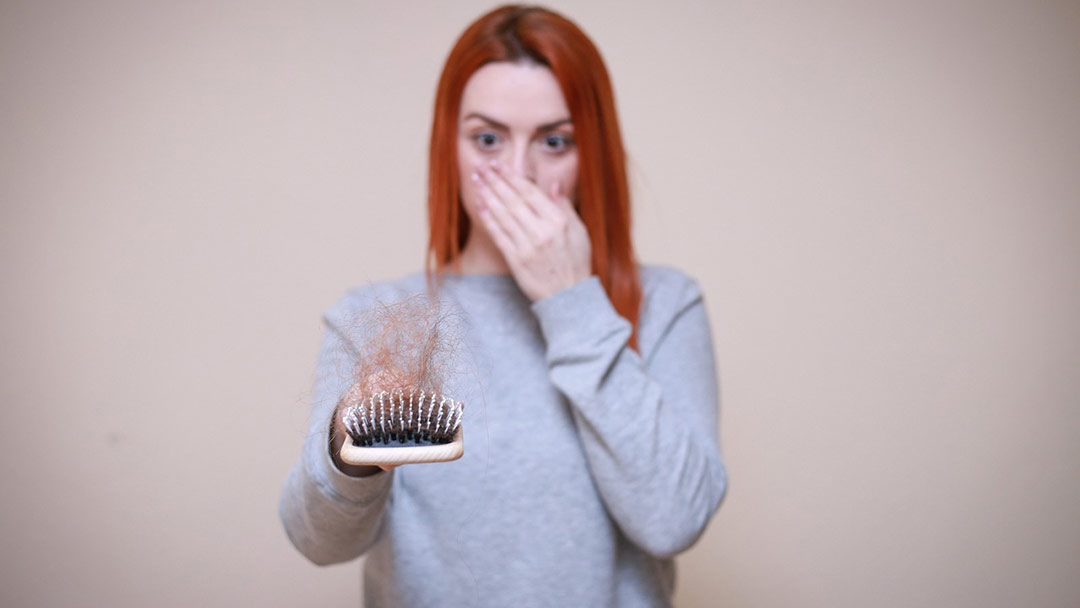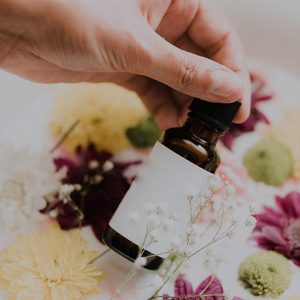Hair loss used to be a distant concern for young people, especially for those born in the 90s who used to secretly mock others’ baldness or other hair problems. However, as time passed, many of them have become prey to the condition they once ridiculed. Irregular lifestyles and staying up late have become commonplace among young people, and though they may believe it shows their strength, it eventually leads to serious consequences like hair loss.

The greater social and economic pressures faced by youngsters, combined with the careless lifestyles that go with it, is causing a surge in hair loss problems. For instance, some people wake up to find their hair strewn all over the pillow, while others experience excessive hair fall when washing their hair, and still, others notice their hair falling out in clumps when removing hair bands. With all these hair-related issues and fears, a range of “secret formulas” has surfaced, with people trying everything from various anti-hair fall shampoos to hair tonics made from sesame and walnut. Some even resort to massaging their scalp with ginger to halt hair loss, but often the results are disappointing.
It is not only hair loss that people should avoid misdiagnosing. Rather than resorting to untested remedies, it’s essential to seek professional guidance and formal diagnosis for any health complaints. The earlier the diagnosis of the root cause of hair loss, the quicker and better the treatment. Hair loss may have a variety of reasons, such as stress, seasonality, oily scalp, hormonal imbalance, and even genetic factors, depending on each individual. Therefore, seeking help from the appropriate professional institutions is the most scientific and effective way to tackle the problem.
So, are you also struggling with hair loss, frustrated with being unable to find any proper solutions? It’s time to stop playing with unproven remedies and follow the simple medical dictum: “early detection, early diagnosis, early treatment.”
Remember, taking care of your health and seeking professional advice is the most effective way to tackle hair loss and any other health issues. Don’t delay receiving the right treatment and risk making the situation worse. By doing so, you won’t fall for a myriad of non-scientific remedies that could waste both your time and money.
In conclusion, it’s critical to understand that hair loss is a growing health issue, especially among young people. As such, it’s essential to avoid careless lifestyles that contribute to hair loss and to seek expert help as soon as possible to diagnose and treat the problem. By doing so, you can lead a healthy lifestyle free of hair problems and other health-related issues.








